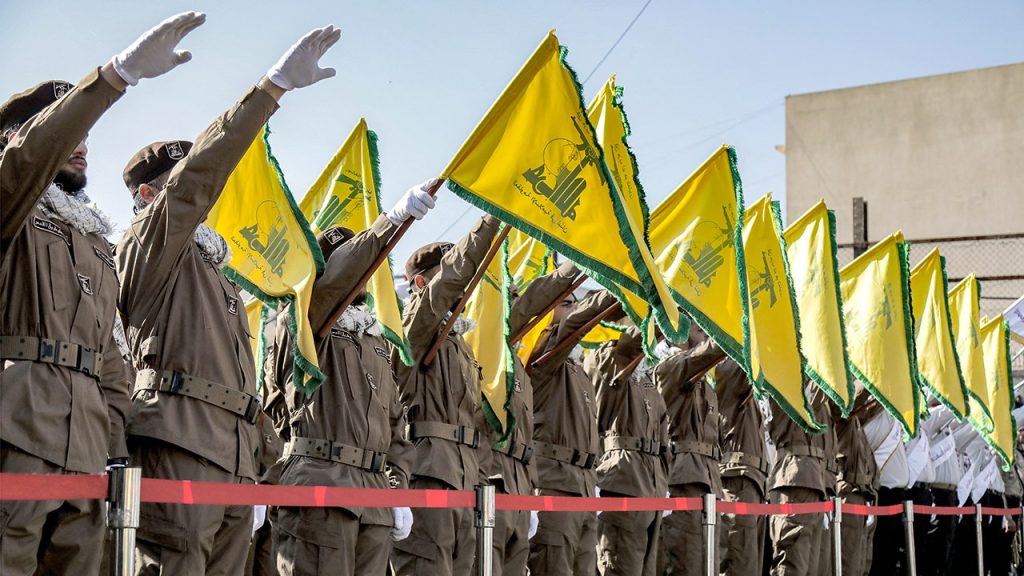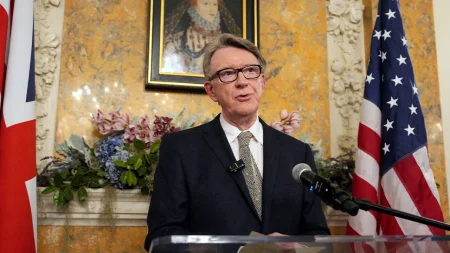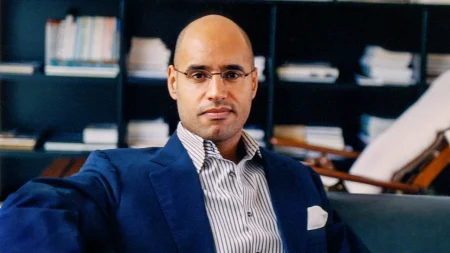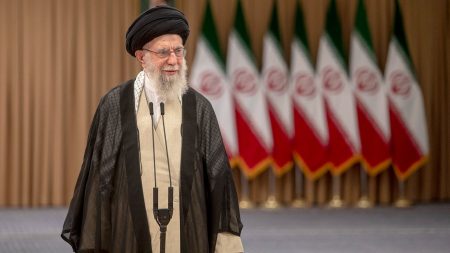Netanyahu Announces Killing of Hezbollah Chief of Staff in Beirut Strike
In a significant development in Israel’s ongoing security operations, Prime Minister Benjamin Netanyahu announced Sunday that Israeli forces had successfully eliminated Haytham Ali Tabatabai, Hezbollah’s chief of staff, in a precise strike in Beirut. Netanyahu characterized Tabatabai as a “mass murderer” with the blood of both Israelis and Americans on his hands, noting that the United States had placed a $5 million bounty on the Hezbollah commander. The operation marks another decisive blow against Hezbollah’s leadership structure as Israel continues its campaign to neutralize threats from Lebanon following the October 7 attacks that initiated the current conflict.
Tabatabai was identified as a senior commander in Hezbollah’s Radwan Force, a specialized unit allegedly preparing to invade Israel’s northern Galilee region with the intent of killing Israeli civilians. According to Netanyahu, Tabatabai had recently been orchestrating Hezbollah’s rearmament efforts following significant losses the group suffered during previous Israeli operations, including damage to missile stockpiles and the killing of other senior leaders. The prime minister expressed gratitude to the Israel Defense Forces and security agencies for conducting what he described as a “professional, accurate and successful operation,” reinforcing Israel’s commitment to preventing Hezbollah from rebuilding its military capabilities and threatening Israeli territory.
The Israeli leader made it clear that his government’s policy remains resolute: Israel will not allow Hezbollah to reconstitute its forces or pose future threats to Israeli security. Netanyahu also called upon the Lebanese government to fulfill its international commitments by disarming Hezbollah, suggesting that only through such action could Lebanon secure “a better future” for its citizens and establish peaceful relations with Israel. This pointed message to Lebanon’s government underscores Israel’s position that the disarmament of Hezbollah is not merely an Israeli demand but a necessary step for regional stability and Lebanon’s own welfare, placing responsibility on Lebanese authorities to address the militant group operating within their borders.
Hezbollah quickly confirmed Tabatabai’s death by posting a commemorative image on its Telegram channel, acknowledging the loss of one of its highest-ranking military commanders. The statement referred to Tabatabai as “the great jihadi leader,” providing his birth and death years (1968-2025), a rare public admission from the organization that typically maintains tight operational secrecy. The confirmation suggests Tabatabai’s significance within Hezbollah’s command structure and potentially indicates the substantial impact his elimination might have on the group’s military operations and internal organization moving forward.
The Beirut strike was reportedly carried out following recommendations from Israel’s Defense Minister and the IDF Chief of Staff, demonstrating the coordinated nature of Israel’s security decision-making process. Defense Minister Israel Katz reinforced Netanyahu’s message with his own statement following the operation, declaring that “anyone who raises a hand against Israel will have his hand cut off.” Katz emphasized that he and Netanyahu remain committed to a policy of “maximum enforcement” in Lebanon and elsewhere, signaling Israel’s determination to continue targeted operations against perceived threats regardless of international pressure for de-escalation in the region.
Beyond the immediate military implications, Netanyahu also took the opportunity to commend U.S. President Donald Trump for his pledge to designate the Muslim Brotherhood as a terrorist organization, framing this as another important step in confronting regional threats. This reference reflects Israel’s broader strategic concerns about various militant and ideological movements across the Middle East that it perceives as endangering stability throughout the region and beyond. As Israel continues its military campaigns in Gaza and Lebanon, Netanyahu’s government appears determined to pursue what it considers existential security objectives, despite growing international concerns about civilian casualties and humanitarian conditions in conflict zones.















